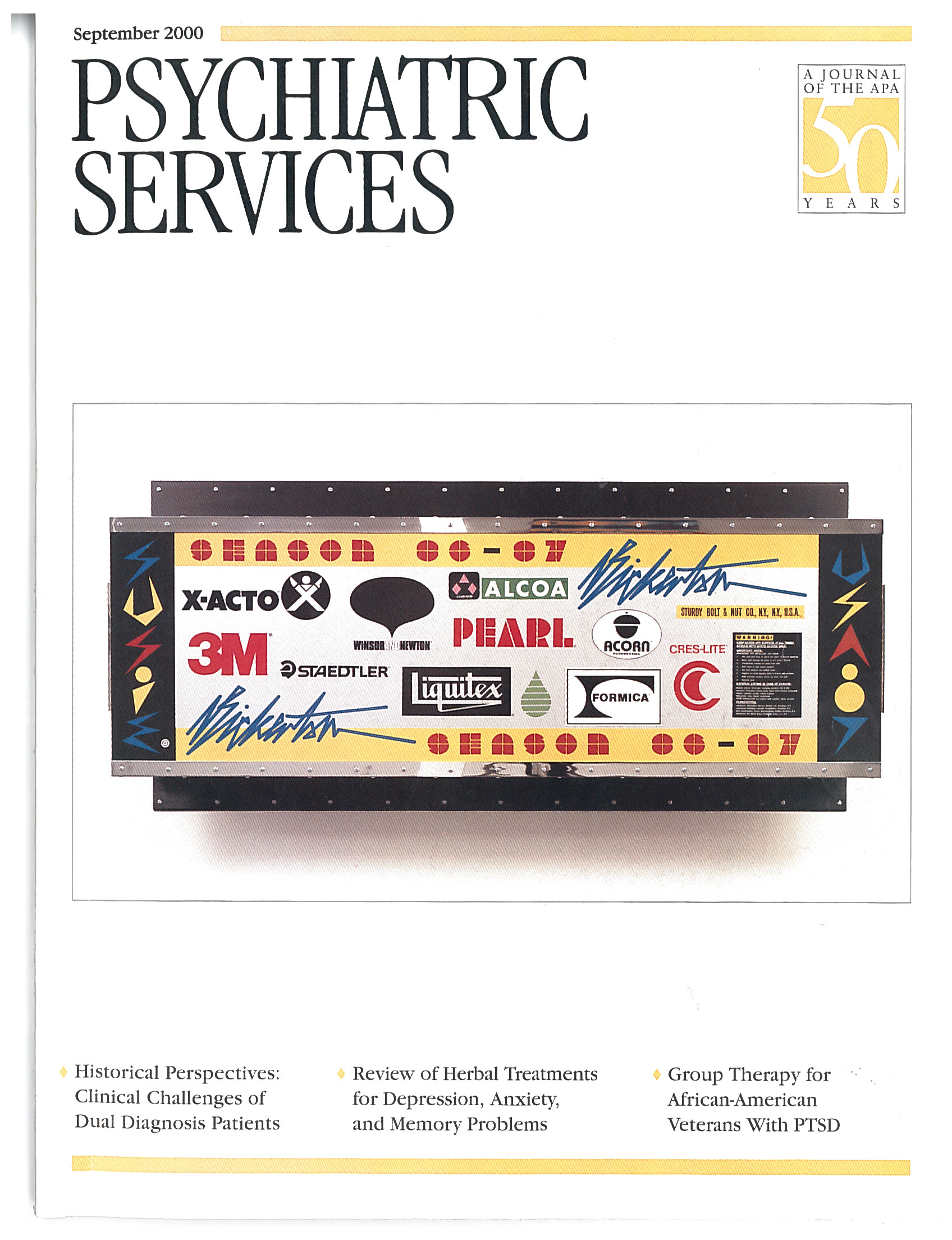An expertly crafted synopsis of what the editors call "the collective wisdom of outstanding psychiatric educators, researchers, and administrators," the
Handbook of Psychiatric Education and Faculty Development is a veritable primer for the academic psychiatrist. Greatly expanded from the 1991
Handbook of Psychiatry Residency Training (
1), this new handbook adds chapters on career development, research, and administration and expands its education chapters to encompass undergraduate, subspecialty, and continuing medical education.
Section 1 addresses career paths in academic psychiatry, with chapters on academic development, writing for publication, and the role of professional organizations in professional development. Vicissitudes of individual interests, personality, and cognitive styles are considered alongside the history of academic medicine, current issues of diminishing resources, and new and emerging faculty roles in the era of managed care. Practical strategies for career development, principles of education and acquiring teaching skills, and a guide to publishing for the early-career academic are offered, as are special strategies for women, cultural and ethnic minorities, and international graduates seeking academic advancement.
Developing a research portfolio is the focus of section 2. A comparison of types of research from basic sciences to clinical trials and a delineation of their roles in the academic culture of the individual department is undertaken. Technical training, mentoring, and the "life cycle of the researcher" are considered, along with funding strategies and the challenges and opportunities for unfunded research.
By far the longest part of the handbook, section 3, traces the development of preclinical and clinical undergraduate curricula; residency and subspecialty training; selection, evaluation, and monitoring of students and residents; collaboration with other specialties; special problems and events; and continuing medical education. Core undergraduate curricula in behavioral science, various teaching formats, and the role of electronic media are contrasted with basic skills acquisition and administrative issues in the clinical clerkship. Model goals and objectives, psychiatric "screens," and evaluation forms are offered, as are timely suggestions for cross-disciplinary teaching. The application of general systems theory to the administration of residency training programs is considered, with practical examples of sample curricula and a task calendar for the training coordinator.
Chapters on special requirements and certification focus on the process of accreditation, and these chapters maintain their applicability despite recent revisions of the Residency Review Committee for Psychiatry. The next handbook will undoubtedly supplement the sections on evaluation to reflect new requirements for demonstrating competencies.
Section 4 provides an introduction to psychiatric administration, with a discussion of the various roles, characteristics, and skill-sets of effective administrators; an overview of the relationship of health care systems and the public sector to academic psychiatry; and a discussion of our Canadian colleagues' approach to diminishing academic resources.
In sum, the Handbook of Psychiatric Education and Faculty Development is a practical guide for academic psychiatrists at all stages of their careers. Highly readable and masterfully edited for consistency, it is a must-read for new or potential faculty members and an equally suitable overview for a new or interim department chair.

